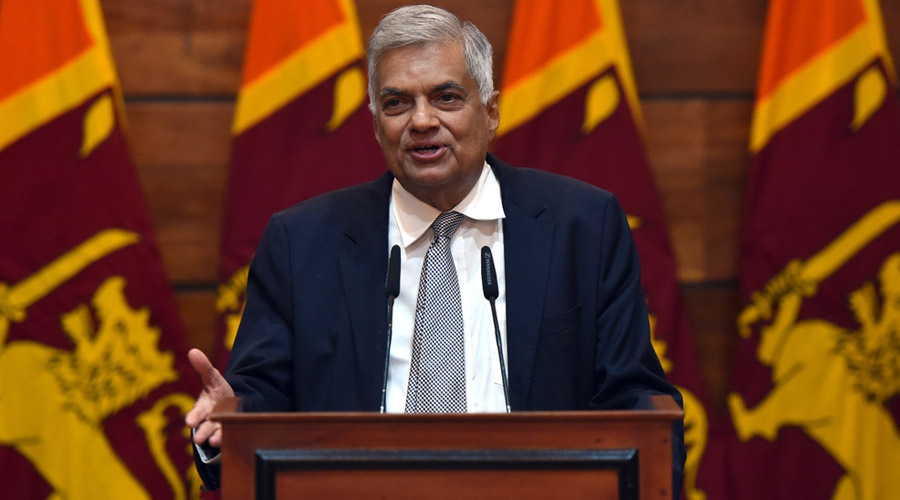
Speaking before the 55th Asian Development Bank’s annual conference, Sri Lanka’s President Ranil Wickremesinghe maintained that factors underlying the global economic crisis are not economic alone but are “the consequences of evolving geopolitics”.
In his address as chair, Wickremesinghe points to external shocks of the COVID-19 pandemic and the Ukraine war as factors that have contributed to a surge in the “prices of global commodities mainly food, fuel and fertilizer”. He acknowledges however that Sri Lanka’s economic crisis is self-inflicted stating:
“The developments on the global stage have further aggravated the self-inflected economic crisis in Sri Lanka resulting in a political outburst that led to a change in Government”.
Despite this, he maintains that his government has “stabilized the economy and many countries and stakeholders are keenly monitoring how we resolve this crisis”.
Wickremesinghe urged for creditor and debtor nations to “work collectively in an equitable manner to ensure economic and financial stability across the region and indeed the world”.
His statement comes as Sri Lanka seeks to restructure its bilateral debt, worth an estimated $10 billion. Sri Lanka is currently in discussions with its creditors to restructure its existing debts.
Wickremesinghe’s speech notes that Sri Lanka must undertake “deep and often painful reforms” but that country would take steps to support “the most vulnerable members of society”.
Commenting on the current geopolitical crisis, Wickremesinghe noted the lack of global leadership and international cooperation stating:
“The Ukraine war on one side and the US-China rivalry, spurred on by military, trade and political differences, on the other side, are key contributors to this breakdown in cooperation”.
He adds:
“All these challenges are compounded by the absence of global leadership - a time when the global economy is stuttering. As this global rivalry intensifies into a new cold war, which will determine a new global power balance by 2050, the inability of the major countries to give leadership to the mitigation of the global climate change crisis is becoming more apparent”.
He concludes by warning that;
“We must overcome the geopolitical rivalries to address the major threats to our existence, otherwise we will all fail leading to instability in our region reminiscent of Europe after World War”.
Read the full statement on Economy Next
